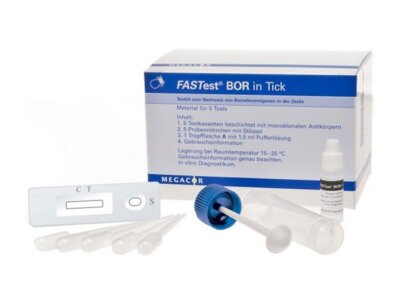
Britain’s biggest veterinary survey of blood-sucking tick infection shows that 1 in 3 dogs could harbour this disease-carrying parasite.
When you’re out with your dog in the countryside, your dog could be at risk of picking up a hitch-hiker unawares. Britain’s changing climate means that blood-sucking ticks are on the increase and looking for a free ride and a free meal on your dog and even on you.
So how to cut the risk of picking up a disease-carrying tick, how to spot when your dog has one and what to do about it? Here’s your simple 5 point tick-list to help avoid, find and treat ticks on your dog.
- Be Aware of Where Ticks Live
Ticks suck the blood of other animals such as deer and cattle. Blood-thirsty ticks climb to the top of tall grass or bracken to wait for a meal opportunity to pass by. Always be wary when walking your dogs among high vegetation on pasture and grazed land that ticks might be present.
- Be Prepared For Ticks
Ticks aren’t fleas but both can be killed by the same kinds of medication. Your vet will be able to tell you the best anti-tick and flea treatment or collar for your dog so that you’re well defended should a tick try and make a meal of your pet.
- Be On The Look-Out For Ticks
After a stroll in the park or countryside check your dog for small hard lumps in the coat. Ticks feel like very small flecks of gravel and might be in the fur, or closer to the skin. If they’re in the fur, you can tease them out. But if they’ve already attached themselves to your dog’s skin, don’t try to pull them off – they break, leaving their vicious mouth-parts embedded in your dog.
- Be Ready To Take Quick Action
Your Vet is the expert in treating ticks and the diseases ticks carry. If you think your dog’s picked up a tick, see your vet as soon as possible. Your vet will safely remove any tick and advise you how to tackle ticks in the future. If your dog might be infected with Lymes Disease or other diseases carried by ticks, your vet will have a veterinary diagnostic test kit to determine whether or not your dog might be infected.
- Be Tick-Proof At Home
Remember, ticks can be brought into your own outdoor space by wild animals and even into your home by other dogs. Ask your vet about tick-prevention treatments to keep your loved pet safe at home as well as out and about in the countryside.

